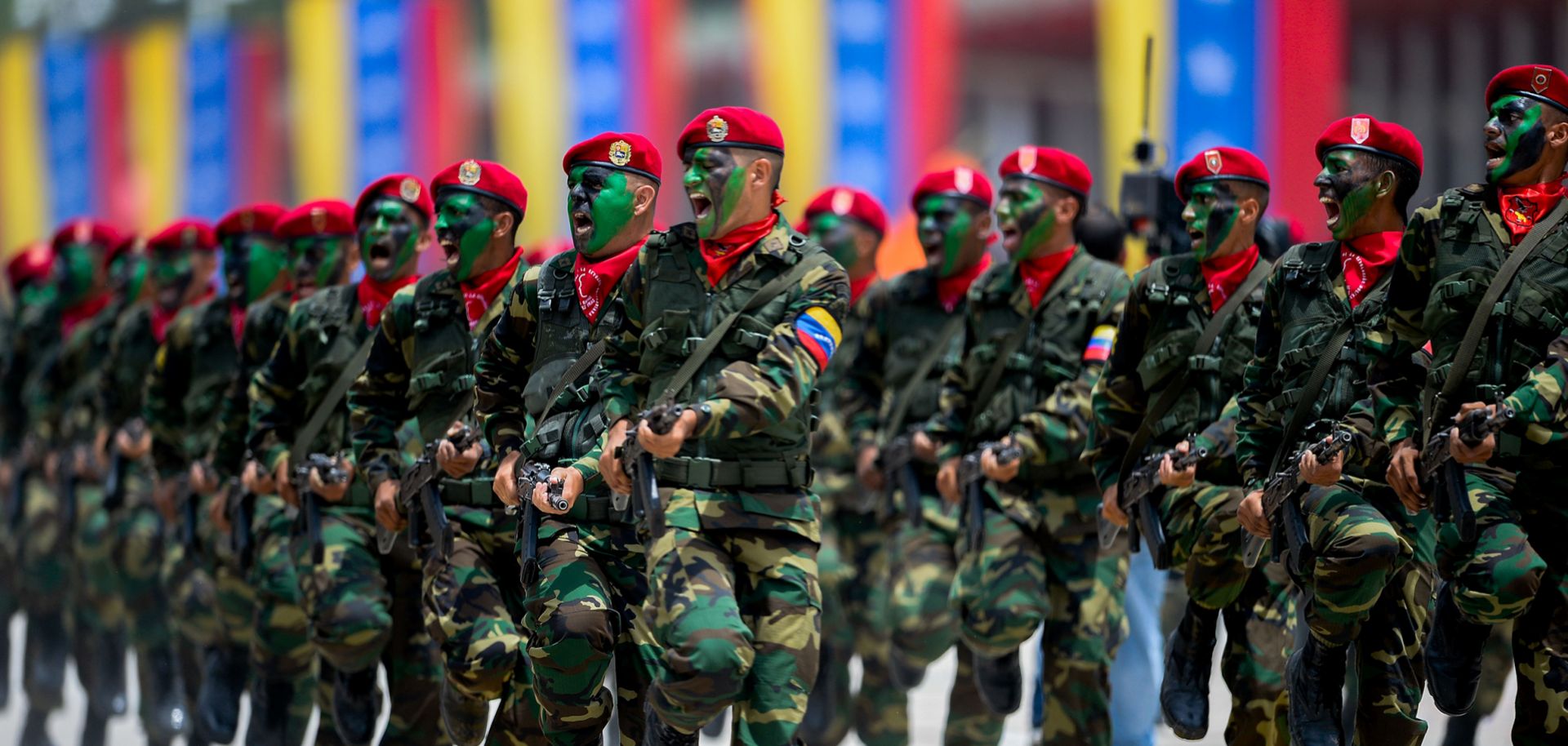
Tensions in Venezuela are escalating as reports indicate a significant increase in military mobilization, fueling speculation about a potential regime change. Analysts warn that the rising activity among the armed forces, coupled with ongoing political unrest, could have serious implications for the country and the broader region.
Recent satellite imagery and intelligence assessments suggest that Venezuela’s military has deployed troops and equipment toward key urban centers, including the capital, Caracas, and strategic border zones. Observers note that the mobilization appears aimed at consolidating control over vital infrastructure, including oil facilities, government buildings, and transport hubs.
Opposition leaders and international observers have long expressed concerns that the Venezuelan government may face growing internal pressure due to economic instability, widespread shortages, and public dissatisfaction. The current surge in military presence has sparked debates over whether the government is preparing to suppress internal dissent or to deter foreign intervention amid discussions of regime change.
The United States and several Latin American countries have publicly expressed concern over Venezuela’s political trajectory. Washington has reaffirmed its support for democratic processes and indicated that it is closely monitoring military movements. Meanwhile, neighboring nations, including Colombia and Brazil, are evaluating potential border security risks, especially given the influx of migrants seeking refuge from ongoing instability.
Experts argue that the mobilization could be interpreted in multiple ways. On one hand, it signals the government’s determination to maintain control over critical institutions and to discourage opposition movements. On the other hand, the concentration of troops and heavy equipment could make the country more vulnerable to internal fractures within the military, potentially accelerating discussions of regime change.
The Venezuelan population remains on edge, with citizens reporting increased checkpoints, road closures, and heightened security presence in major cities. Economic conditions, including severe inflation and food shortages, have compounded the public’s sense of uncertainty. Analysts suggest that rising military activity in such a context increases the risk of unrest, civil protests, or clashes between security forces and civilian groups.
Regional implications are also significant. Venezuela is a major oil exporter, and instability could disrupt global energy markets. Additionally, Latin American governments are wary of cross-border tensions, refugee flows, and potential humanitarian crises arising from political upheaval. International organizations are calling for dialogue and restraint, emphasizing the need to prevent violence and ensure the safety of civilians.
As the situation develops, observers are closely watching the actions of both the Venezuelan military and opposition forces. Any miscalculation could escalate into a broader conflict, making diplomatic efforts and international oversight critical. While the potential for regime change remains uncertain, rising military mobilization underscores the volatility of Venezuela’s political landscape and the urgent need for cautious engagement from regional and global actors.
Watch video below :












